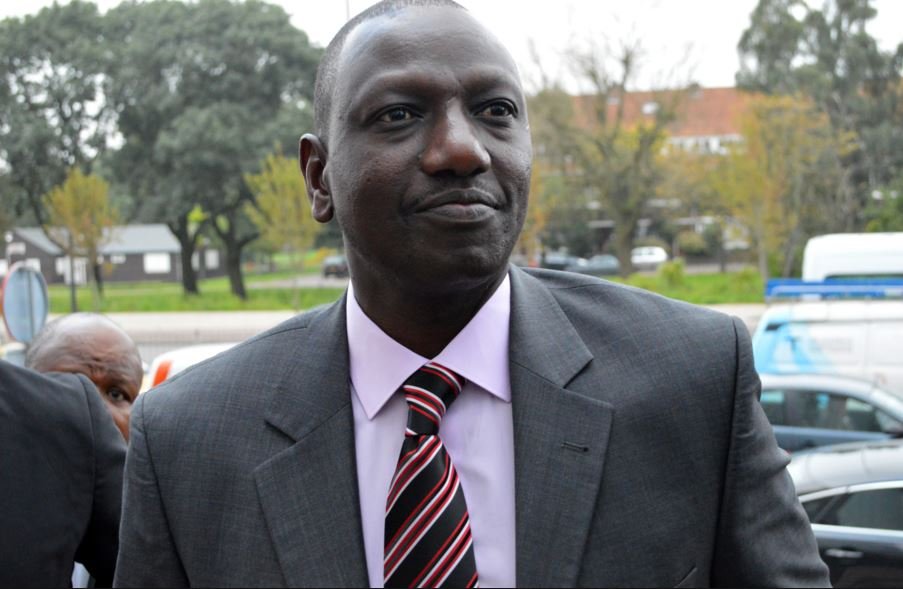Probe finds coalition ‘mistake’ in Yemen MSF strike
The Saudi-led coalition made a mistake when it carried out a deadly bombing next to a hospital supported by Doctors Without Borders in northern Yemen, an “independent” probe said Tuesday.
Many findings of the investigation contradict those of the charity, also known by its French initials MSF, which called the August 15 attack “unjustified and unprovoked”.
In March 2015, the Saudi-led coalition launched air strikes in Yemen against Iran-supported Shiite Huthi rebels and their allies after the rebels overran much of Yemen.
The coalition has faced repeated allegations of killing civilians in its campaign to support Yemen’s internationally recognised government led by President Abedrabbo Mansour Hadi.
The Joint Incident Assessment Team (JIAT), which the coalition says operates independently, numbered seven deaths in the strike on Abs hospital, although MSF said 19 people were killed.
Coalition forces which had attacked a Huthi leadership gathering that day noticed a vehicle leaving the area, JIAT spokesman Mansur al-Mansur told a press conference in Riyadh.
A pilot followed the vehicle and then bombed it next to a building that was not identifiable as a hospital, he said.
“There was no indication that it was a hospital prior to the bombing,” Mansur said, adding that the vehicle was a “legitimate military target”.
Because of the “unintentional mistake” of damage to the hospital, the coalition must apologise and provide assistance to the families of those affected, Mansur said.
The coalition must also investigate those responsible to find the extent of their violation of rules of engagement and “take proper action”, he said.
MSF said the hospital was identifiable by logos, and its GPS coordinates had been provided.
It said the vehicle targeted was civilian, carrying patients believed to be victims of other strikes.
— A team of ‘experts’ —
The attack prompted MSF to pull out from six hospitals in northern Yemen, including Abs.
Mansur issued the JIAT’s findings on four other cases in which the coalition was blamed for bombing civilian facilities.
MSF had accused the coalition of killing 10 children in a strike on a school in Haydan two days before the Abs incident.
But Mansur said the closest targets hit by the coalition were 10 kilometres (six miles) away from the school.
There was also no evidence coalition forces struck the Al-Aqel food factory in the rebel-held capital Sanaa on August 9, he said.
The factory director said 16 workers were killed.
Mansur said investigators also concluded the coalition did not attack a livestock market where 40 people allegedly died on July 6.
The coalition followed correct procedures when it bombed a school in Hodeida on August 25, he added at the briefing attended by Western military attaches.
Classes were suspended and the school was being used to store rebel weapons, meaning “it lost the legal protection afforded civil objects.”
In October, the JIAT ruled that a coalition warplane acting on incorrect information had “wrongly targeted” a funeral in Sanaa, killing more than 140 people in one of the deadliest strikes of the war.
Asked about the members of the JIAT, drawn from coalition member states, Mansur said it is made up of military and legal experts.
“Of course the team is independent,” he said. “Some of them are retired and some of them are on active duty.”
Amnesty International and Human Rights Watch have called on Washington, London and Paris to stop their deliveries of bombs and other weapons to Riyadh because of concerns over civilian casualties.


